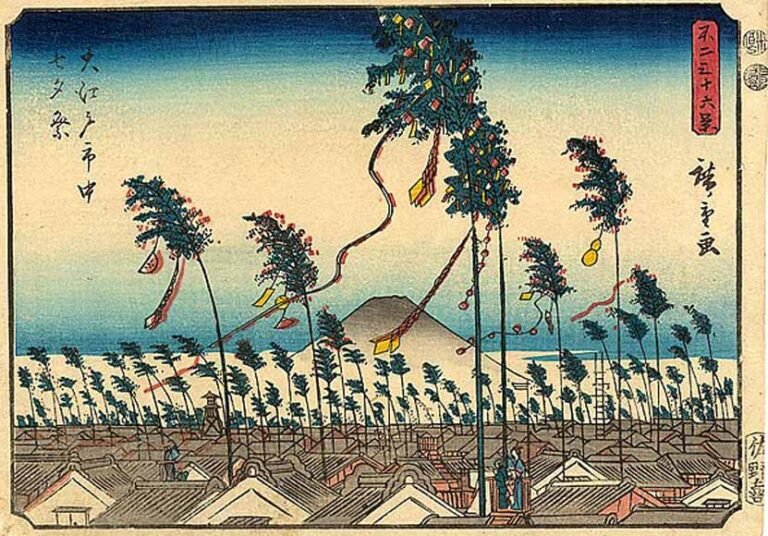Chronos, Kairos and Aion are the three deities of time, events and epic destinies. Here is the multi-religious and multicultural calendar!
Find us on our website Mythology and Legend, on Facebook and on instagram !

The schedule in brief from D-2 to D+5
- July 4, 2024, : Huey Tecuilhuitl
- July 7, 2024, : Tanabata
- July 9, 2024, : Nunavut Day
- 9 July 2024, Every day: Martyrdom of the Báb
The complete interactive calendar
Semaine du 2024-07-01
| Mymonday | Killtuesday | Wednesdaywednesday | ThuThursday | Frifriday | Satsaturday | Sunsunday |
|---|---|---|---|---|---|---|
Jul 1, '24July 1, 2024●(1 event) Hakata Gion YamakasaJuly 1, 2024  Today, the Japanese of Fukuoka celebrate Hakata Gion yamakasa until July 15. Famous for its one-ton chariot race, its history is some seven hundred and fifty years long. #mythology #myth #legend #calendar #July 1 #Japan #fukuoka #hakata | Jul 2, '24July 2, 2024 | Jul 3, '24July 3, 2024 |
Jul 4, '24July 4, 2024●(1 event) Huey Tecuilhuitl –  On this day, the Aztecs began the month of Huey Tecuilhuitl in honor of the Great Lords Xilonen and Cihuacoatl (of mothers and fertility). Xilonen was the goddess of seven serpents, nurturing mother, agriculture, corn and women. During the festival, her priestesses designate the seed corn to be planted in the coming season. To appease the deity, as well as to ask for a good harvest, priests often engaged in child sacrifice. #mythology #myth #legend #calendar #2August #HueyTecuilhuitl #Xilonen #Aztec | Jul 5, '24July 5, 2024 | Jul 6, '24July 6, 2024 |
Jul 7, '24July 7, 2024●(1 event) TanabataJuly 7, 2024  Today, the Japanese celebrate Tanabata (night of the 7th) originating from the O-Bon Bhuddists and Chinese Star Festival. It celebrates the meeting of Orihime and Hiko-boshi, separated by the Milky Way but able to meet once a year. #mythology #myth #legend #calendar #7July #tanabata #japan |
Multicultural and multi-religious almanac
An almanac is a calendar showing the main dates of the calendar, the religious holidays, bearing ephemerides such as the phases of the moon or the duration of the days (lunar and solar calendars).
A calendar is a system for marking dates according to time. Such a system was invented by men to divide and organize time over long periods. The observation of the periodic phenomena of the environment in which they lived — such as the daily movement of the shadow, the return of the seasons or the lunar cycle — served as the first references for organizing the agricultural, social and religious life of societies.
The calendar used today in most of the world is the Gregorian calendar. In everyday language, an ephemeris designates what happens daily; the ephemeris of the day is the list of the significant events of this day.